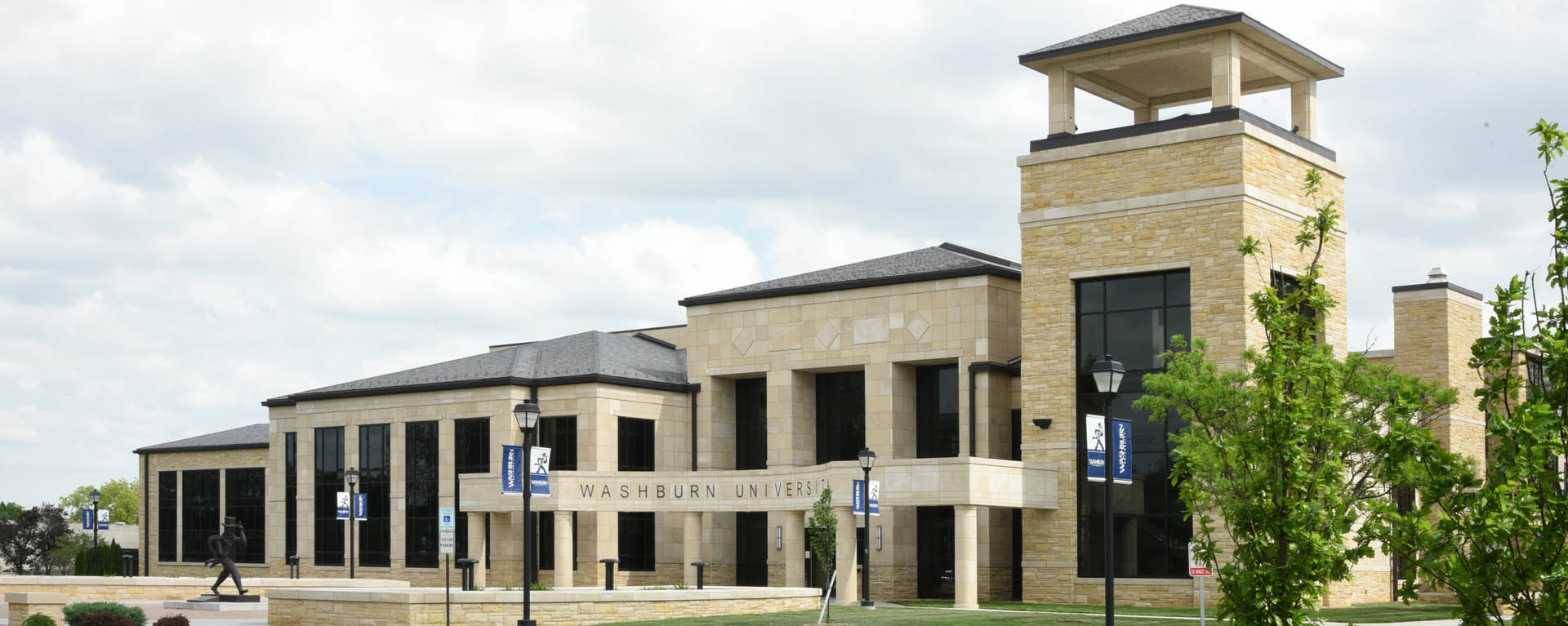
Topeka, Kan. –Washburn University Sociology & Anthropology Department faculty are helping to revolutionize forensic anthropology, or the study of human remains to solve criminal cases.
The U.S. Department of Justice has awarded Dr. Alexandra Klales, D-ABFA, professor of forensic anthropology for Washburn University, and colleagues/grant co-principal investigators (co-PIs) from Michigan State University, the University of North Texas Health Science Center, Texas State University and the University of New Mexico a $2+ million National Institute of Justice (NIJ) grant. The grant will be used for their research project “MOSAIC: Unifying Methods of Sex, Stature, Affinity & Age for Identification through Computational Standardization.” MOSAIC is a proposed non-proprietary computer program that will produce a holistic estimation for all biological profile parameters (age, sex, stature, ancestry/population affinity) using advanced statistics with a large database of contemporary skeletal data.
“When cases cannot be identified through traditional means by the coroner or medical examiner's office, they come to forensic anthropologists who use information gleaned from a person's skeleton to provide a biological profile estimate with demographic information about the decedent that can aid the identification process,” said Klales. “MOSIAC will revolutionize how the biological profile is estimated and reported for unknown decedents encountered in forensic anthropological casework and will become an industry-wide standard in our field.”
MOSAIC is innovative because it will be the only program of its kind to combine information for all four of the biological profile parameters, from the person's entire skeleton and for all data types (e.g., measurements and features) into one single estimate of the person's biological profile. Currently, forensic anthropologists must estimate each parameter separately using different skeletal elements and methods and then arbitrarily combine them into one estimate. Using robust machine learning and artificial intelligence systems will help uncover new interactions between the skeletal data and help standardize how the biological profile is estimated and reported in forensic anthropology.
They expect the project to take three years. The co-PIs will freely share the finished MOSAIC program through a dedicated website.
“Partnership and innovation are two Washburn values,” said Dr. John Fritch, provost and vice president of academic affairs, Washburn. “Passionate faculty members like Dr. Klales work across our campuses and with colleagues at other institutions to forge new pathways for our students, and for their chosen disciplines.”
Klales currently holds two other federally funded research grants in forensic anthropology. Co-funded through the National Science Foundation and the NIJ, she is co-PI on the three-year project, "Sex Estimation in Forensic Anthropology: Taking a Legally-Informed Approach to Method Development" with a colleague at the University of North Texas Health Science Center.
Klales is also working on another project with Washburn Sociology & Anthropology Lecturer Dr. Ashley Maxwell. Funded through the NIJ, Klales and Maxwell are co-PIs on the three-year project "Empirical Analysis of Saw Mark Characteristics in Human Bone: Meeting Forensic Standards in Dismemberment Cases" with colleagues at Des Moines University.
“It is exciting and uncommon in forensic anthropology to be awarded three federally funded grants simultaneously and for such a high amount,” said Klales. “However, this research is important to the discipline, and I am excited to have the opportunity to make a difference in the field and for our students. The work with Dr. Maxwell specifically is allowing Washburn anthropology students in the forensic concentration to gain valuable research experience assisting with the project."
Meeting the needs of the discipline and innovation helped create the forensic anthropology program at Washburn and made Washburn home to the Kansas Bureau of Investigation (KBI) building.
“Washburn University is one of only three institutions in the United States where someone can earn a bachelor of science in anthropology with a forensic concentration,” said Dr. Kelly Erby, dean for the college of arts and sciences, Washburn. “And we’re one of only a few universities where you have the opportunity for forensic casework experience as an undergraduate – as demonstrated with Dr. Klales’ research, the Washburn University Forensic Anthropology Recovery Unit (WU-FARU) and Washburn’s partnership with the KBI.”
- 30 -
For further information, contact:Joy Bailes
Director of Internal Communications and Brand Management
Telephone: (785) 670-2153
Cell: (785) 230-1648
Email: joy.bailes@washburn.edu

